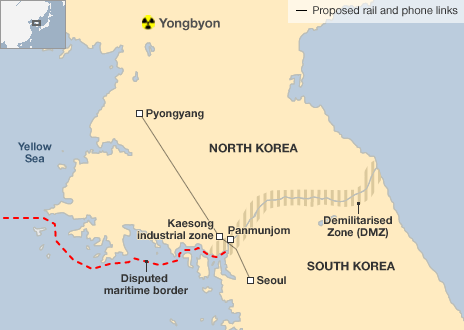- Banned
- #1
I was following the news all day because North Korea made all the fuss today noon by stating that its state media would issue and "important report." Well... It turns out that it wasn't as important as I previously expected it to be... Kim Jong-Un just became the marshal of North Korea.
Kim is a stub fat man around 28 years old who became marshal just because he was the heir and son of Kim Il Sung, which I really don't understand. And I really don't think highly of North Korea for publicizing this petty news as important.
By publicizing this as important, they are making a laughing stock out of itself to the international community and the world.
Anyways I wonder if the North Korean people actually acknowledge Kim Jong-Un as the marshal of North Korea.
Marshal or not, I am predicting that their main interest isn't in who their leader is or what position he holds, but simply living, and not starving to death.
Kim is a stub fat man around 28 years old who became marshal just because he was the heir and son of Kim Il Sung, which I really don't understand. And I really don't think highly of North Korea for publicizing this petty news as important.
By publicizing this as important, they are making a laughing stock out of itself to the international community and the world.
Anyways I wonder if the North Korean people actually acknowledge Kim Jong-Un as the marshal of North Korea.
Marshal or not, I am predicting that their main interest isn't in who their leader is or what position he holds, but simply living, and not starving to death.






